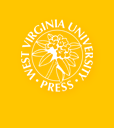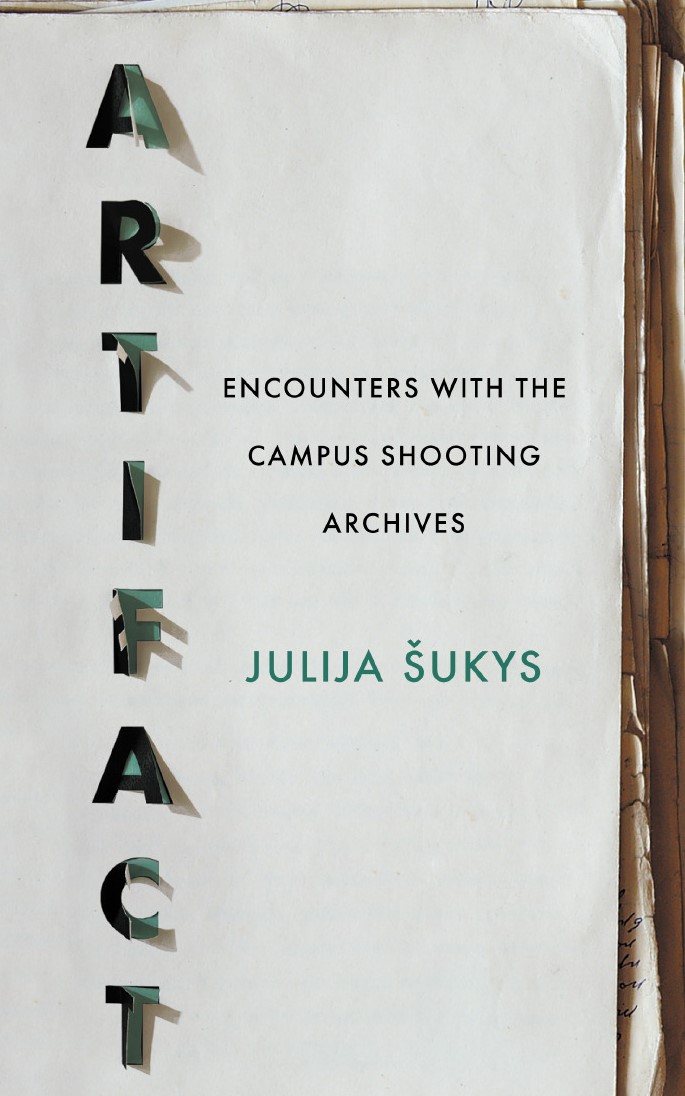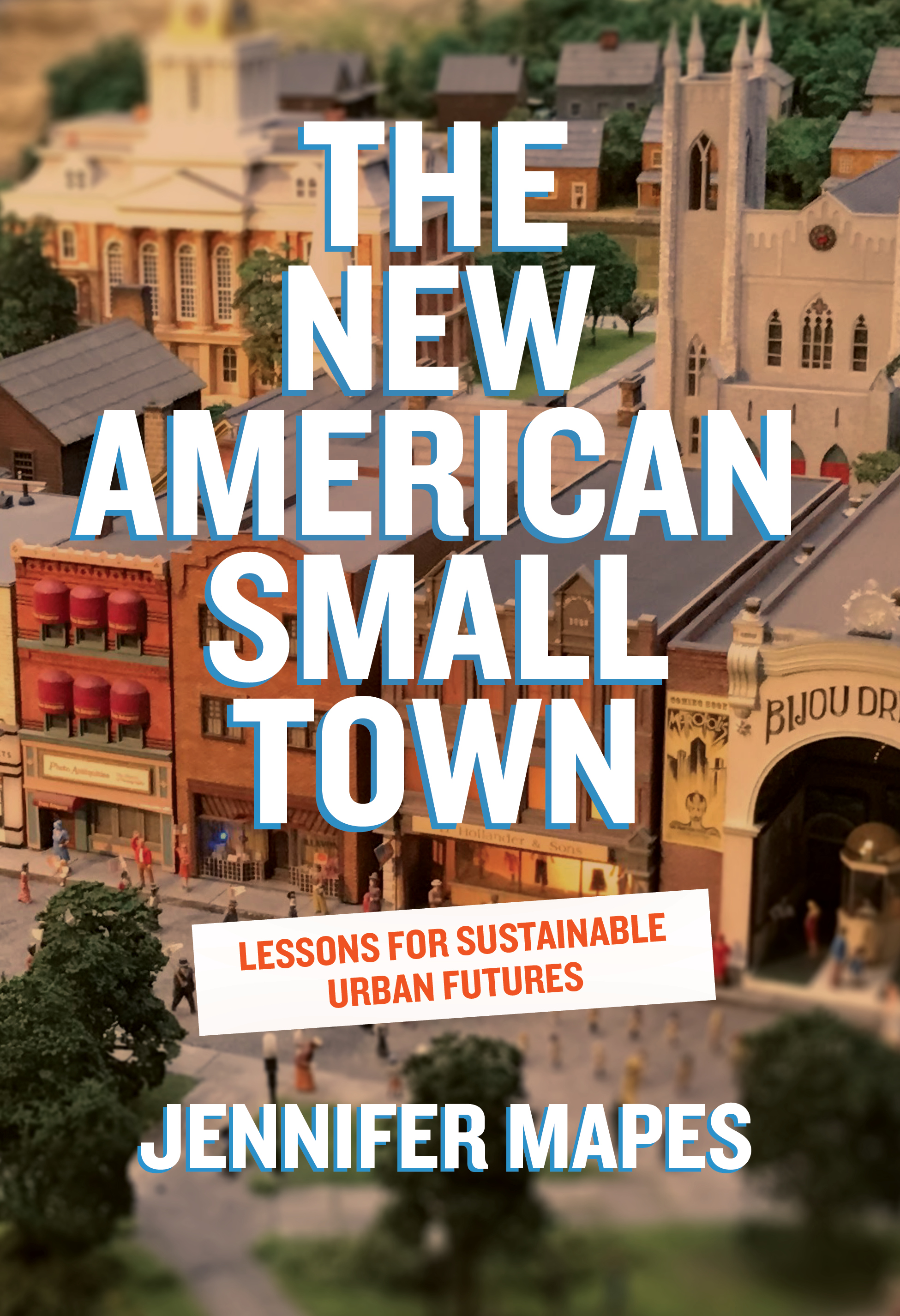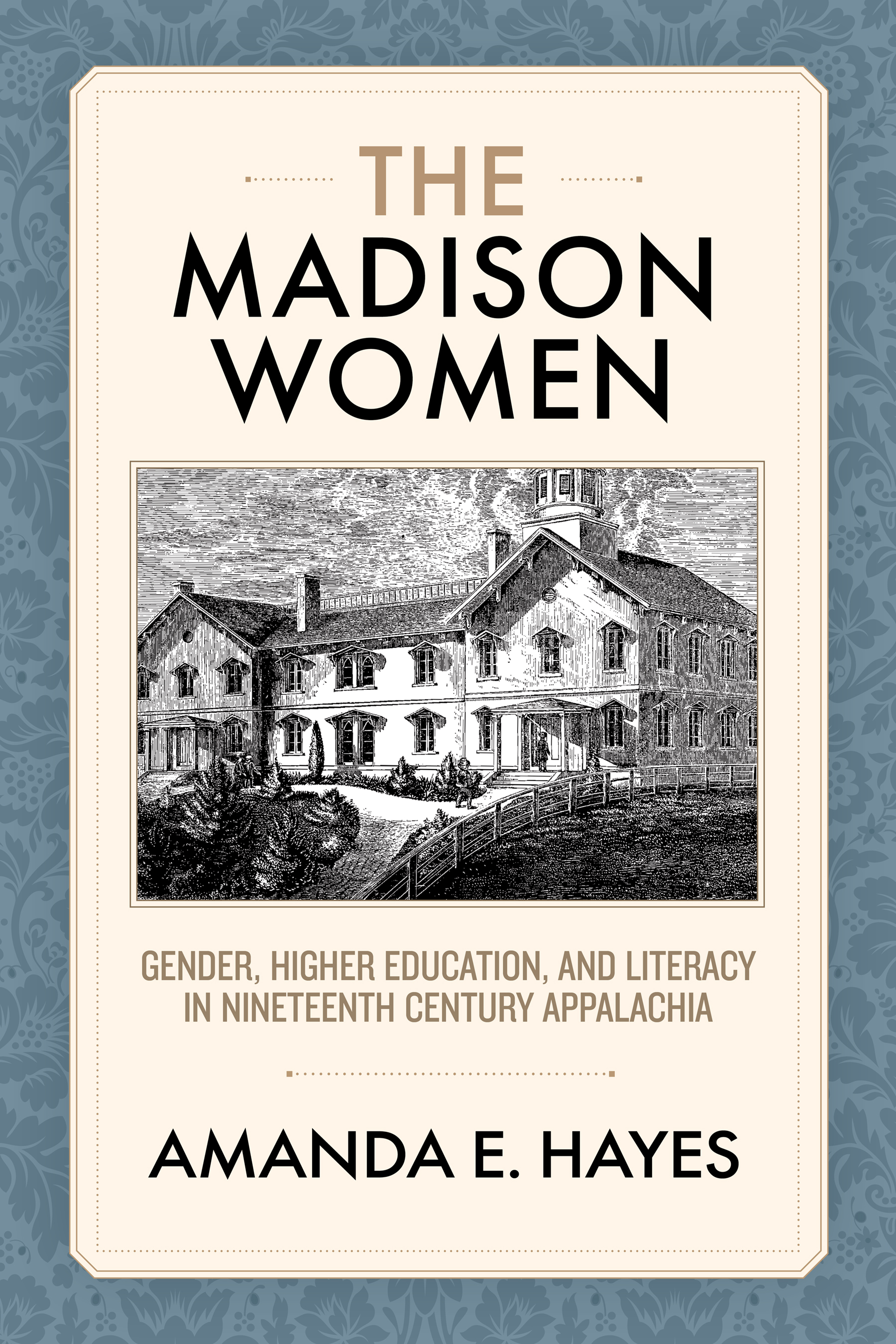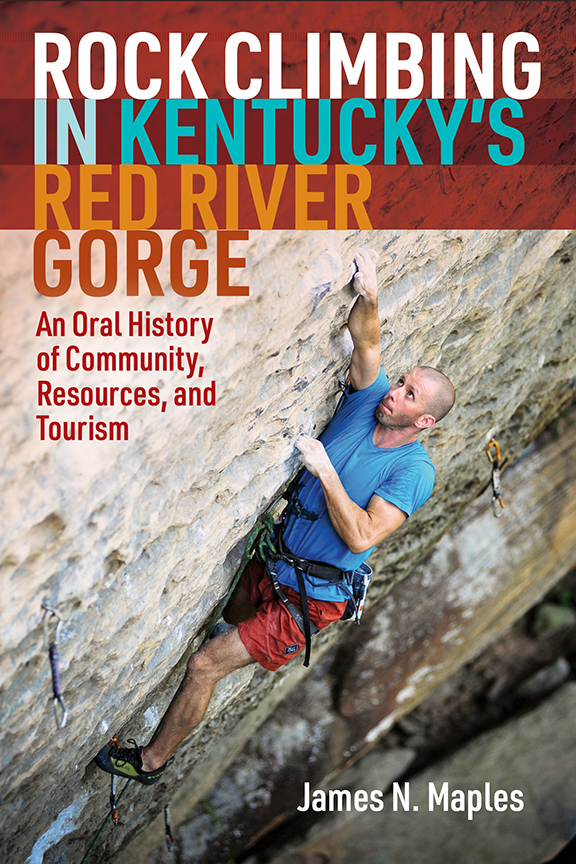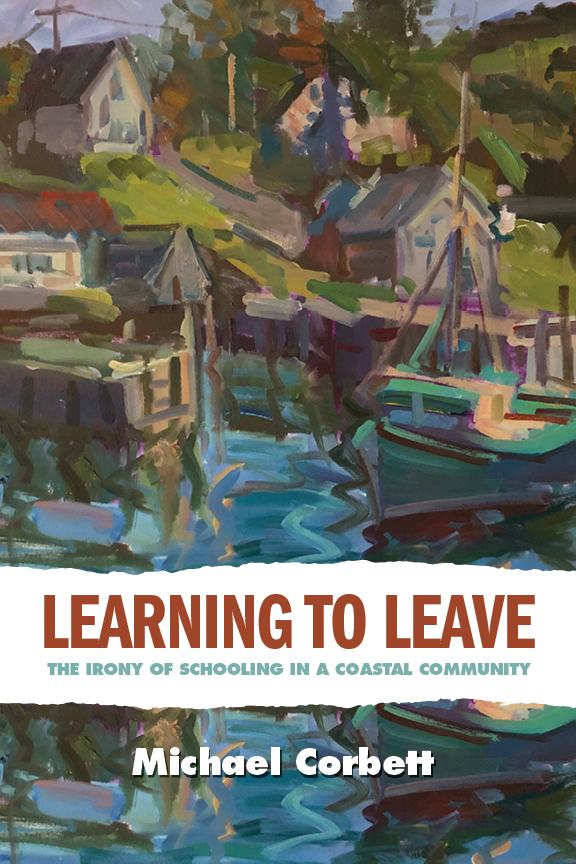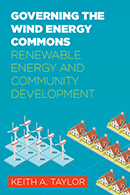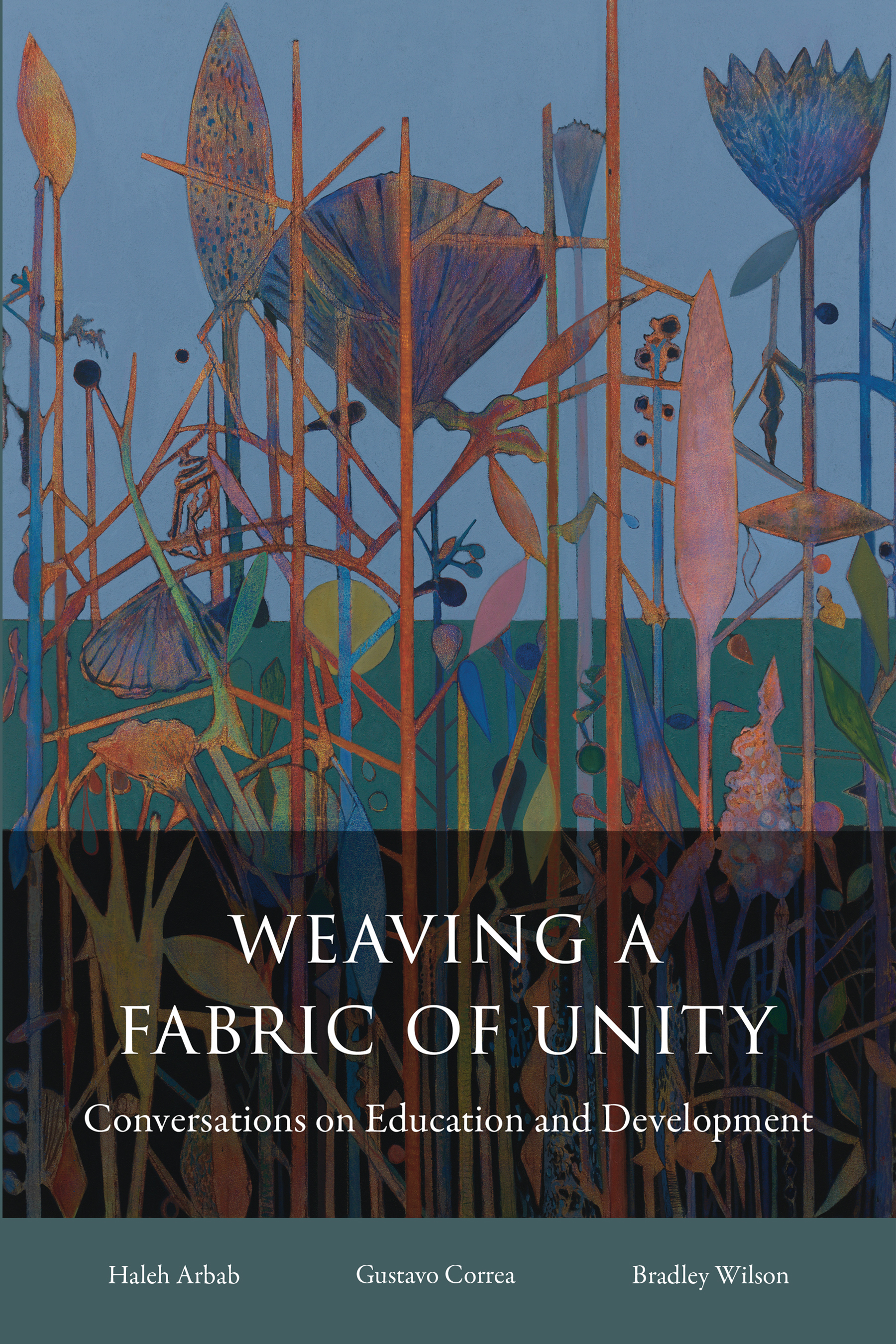
Haleh Arbab, Gustavo Correa, and Bradley Wilson
March 2025
190pp
PB 979-8-9907777-0-5
$22.99
Distributed for Center for Research in Education for Development, Inc. (CRED)
Weaving a Fabric of Unity
Conversations on Education and Development
Summary
Weaving a Fabric of Unity shares the story of the pioneering enterprise that came to be identified as FUNDAEC (the Foundation for the Application and Teaching of Science), highlighting five decades of stories, learning, and insight from key individuals central to shaping its evolution. The book outlines FUNDAEC’s unique conceptual and methodological approach, which is focused on the releasing of human potentialities and the integration of theory and practice, bringing the reader on the journey of how the organization created one of Latin America’s most innovative curriculum in rural development. It shares how FUNDAEC’s focus on raising up individuals and communities dedicated to the promotion of community well-being supported its efforts to organically scale over the last few decades, reaching hundreds of thousands of students across Colombia and being adopted in over a dozen countries to support diverse populations working towards the collective realization of a dignified future.
Contents
Preface
Introduction
Weaving Our Stories Together
Textiles of Trust
Interwoven Commitments
A Living Tapestry
Releasing Human Potentialities
Picking Up the Threads
Postscript
Bibliography
Authors
Haleh Arbab was with FUNDAEC for over twenty years, including ten years as director of its Centro Universitario de Bienstar Rural (The University Center for Rural Wellbeing). She was director of the Institute for Studies in Global Prosperity (ISGP). Arbab is currently the founding director of the Center for Research in Education for Development (CRED), where her work focuses on fostering community-based approaches to research and education internationally. She holds a doctor of education from the Center for International Education at the University of Massachusetts.
Gustavo Correa was one of the founders of FUNDAEC in 1974 and served as its director from 1988 to 2005. In addition to being an advisor to FUNDAEC, he is currently working with Project Hope, a network of 1,500 people he mobilized across 800 initiatives to quickly respond to the food insecurity problems triggered by COVID-19 in Colombia. He holds a master’s in public administration from the Kennedy School at Harvard University.
Bradley Wilson is associate professor of geography and executive director of the West Virginia University Center for Resilient Communities. With his students, he has established a robust action research program focused on cooperative economics, food justice, food system development, community health, and environmental justice in West Virginia and Appalachia. For the past five years, Wilson has collaborated with FUNDAEC on projects focused on its educational programs and building the capacity of its research teams working on food sovereignty in Norte del Cauca. He has a PhD in geography from Rutgers University.
Reviews
“The story of FUNDAEC in Colombia is one of the most inspiring educational processes of the 20th century and is vitally important today. Every student of development economics should read this book.”
—Nava Ashraf, Professor of Economics, London School of Economics
“Weaving a Fabric of Unity is a timely and brilliant gift to those of us concerned with education and social transformation. With rising recognition that decades of educational programs and initiatives aimed at fostering global prosperity and change have fallen short of realizing their initial aspirations, many in the field of education are searching for viable and impactful alternatives. The story of FUNDAEC is an urgent call to reframe the purpose of education itself.”
—Shabnam Koirala-Azad, Dean of Education, University of San Francisco
